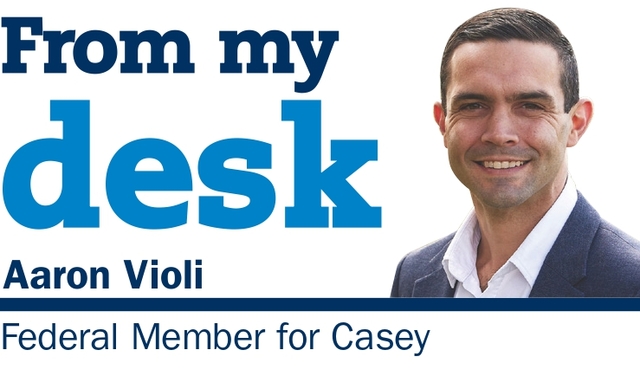WAITING until there is a fire nearby or for advice from authorities compromises the chances of survival.
People are more likely to survive if they leave well before a fire hits in the area.
The first option should always be to leave especially if you are not adequately prepared to defend your property.
Homes designed, built or modified to withstand a fire and are actively defended cannot guarantee your safety when the Fire Danger rating is Code Red. Fire Danger Ratings range from Low-Moderate through to Code Red. The higher the Fire Danger Rating, the more dangerous the conditions.
Any decision to defend your property needs a well-thought-out plan and a well-practised Bushfire Survival Plan. Defending your property can be an option in less severe fires but it is a complex, costly and emotional and physically demanding job in dangerous conditions.
The first option should always be to leave, especially if:
•You are not adequately prepared to defend your property;
•You are on your own – you need two fit people to defend your home against moderate fires;
•You are not physically or mentally prepared;
•You do not have a Bushfire Survival Plan;
•You have children, elderly or people with illness or disability in your home;
•There is a Code Red, Extreme or Severe Fire Danger Rating forecast in the area you are visiting or live.
There are things you can do around your property before you leave that may minimise damage to your house in the event of a fire. Keep a checklist for what you need to do before leaving somewhere accessible such as on the fridge. If you have time before you leave:
•Close doors and windows, move doormats and outdoor furniture away from the house;
•Fill gutters with water;
•Add final items to your relocation kit, such as medications, prescriptions;
•Mobile phone and charger (see page 11 for more information on relocation kits);
•Pack the car, including relocation kit;
•Turn off mains gas supply;
•Move pets;
•Move livestock to large, well-grazed paddocks;
•Leave front gate open for emergency services access.
If you wait until a fire is in your area, then it is often too late for these final preparations.
How will you leave?
You have a much better chance of safely reaching your destination if you leave on days of high fire risk well before fires start. You should know the answers to questions such as:
•What will trigger your action to leave?
•Where will you go?
•What is the safest way of getting out of the area?
•If that route is blocked, what is your alternative?
•Have you identified several exits to ensure you can leave safely?
•Will you use your own car, travel with neighbours, take a local bus, taxi or walk? Who else will be travelling with you?
•Do you have pets and how will they be travelling?
•Do you have room in your car for food, clothing and other necessities?
•If your original plan fails, where is the nearest Neighbourhood Safer Place?
•Do you know all of the shelter options available to you?
Who do you need to notify
Keep family, friends and neighbours regularly informed of your movements during the fire season and your plans to leave safely if a fire threatens your area.
Leaving on a weekday or weekend
Plans to leave will change depending on the timing of a fire threat. Fires can occur on weekdays, weekends or in the evening.
Your plan should take into account leaving from work, home, school, accommodation or from a social gathering, depending on your commitments throughout the week and weekend and the whereabouts of your family.
Leave early plan improves survival
Digital Editions
-

Prepare for on stage delight
The 1812 Theatre Speaking in Tongues Nine lives weave together on ways known and unknown in Andrew Bovell’s piercing drama Speaking in Tongues. Leon is…






